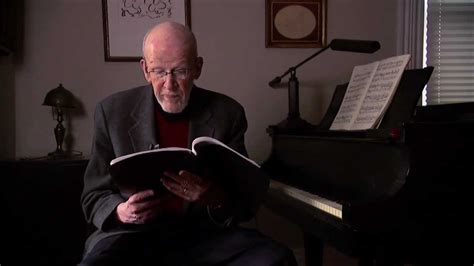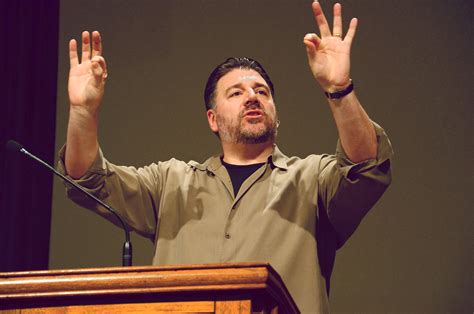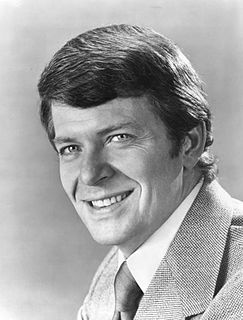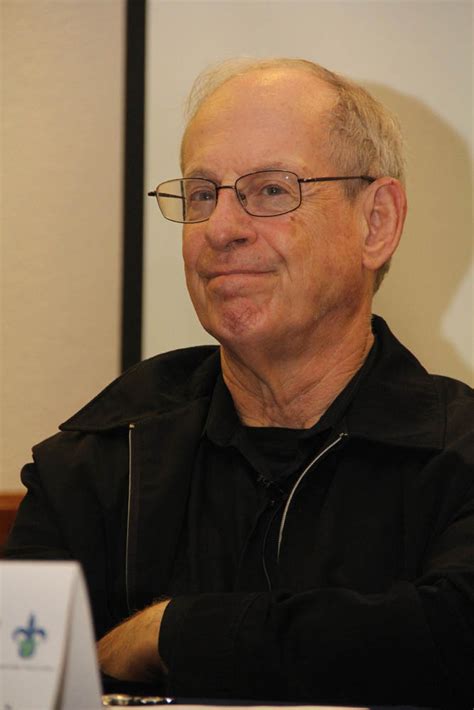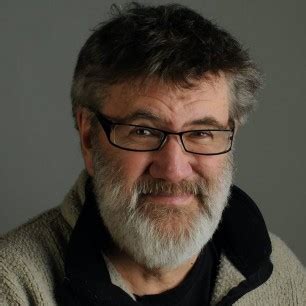A Quote by William Safire
If you re-read your work, you can find on re-reading a great deal of repetition can be avoided by re-reading and editing.
Related Quotes
Do not put statements in the negative form. And don't start sentences with a conjunction. If you reread your work, you will find on rereading that a great deal of repetition can be avoided by rereading and editing. Never use a long word when a diminutive one will do. Unqualified superlatives are the worst of all. De-accession euphemisms. If any word is improper at the end of a sentence, a linking verb is. Avoid trendy locutions that sound flaky. Last, but not least, avoid cliches like the plague.
The great opposition to reading is what I allow to fill my time instead of reading. To say we have no time to read is not really true; we simply have chosen to use our time for other things, or have allowed our time to be filled to the exclusion of reading. So don't add reading to your to-do list. Just stop doing the things that keep you from doing it. But read.
I read continually and don't understand writers who say they don't read while working on a book. For a start, a book takes me about two years to write, so there's no way I am depriving myself of reading during that time. Another thing is that reading other writers is continually inspiring - reading great writers reminds you how hard you have to work.
Despite wanting to work in publishing, I was a publisher's worst nightmare: I rarely bought new books. So my goal was to publish the kind of books I would buy, and read. My reading habits have changed since starting the press. The only other "goal", per say, is to continue to experiment. I don't want the press to ever fall into a formula, or to be pigeonholed - "They do great reissues of modernist poets!" - I want to keep pushing, exploring the kind of title we can get away with. And working with authors who challenge the way I think about writing, editing and reading.
The deep-read is when you get gut-hooked and dragged overboard down and down through the maze of print and find, to your amazement, you can breathe down there after all and there’s a whole other world. I’m talking about the kind of reading when you realize that books are indeed interactive. . . . I’m talking about the kind of deep-read where it isn’t just the plot or the characters that matter, but the words and the way they fit together and the meandering evanescent thoughts you think between the lines: the kind of reading where you are fleetingly aware of your own mind at work.

